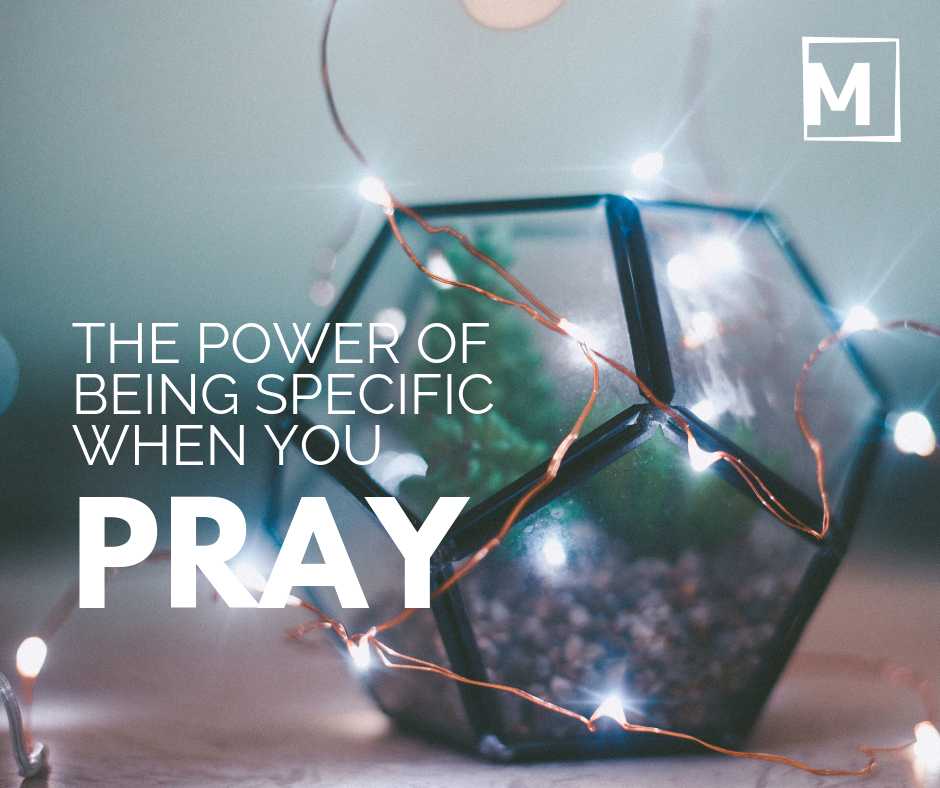Holy Week Series, Part I
For Christians, Holy Week is the most focused time of the year. I’ve heard this since I was a kid. The problem, if we can call it one, is that life still churns around us while we try to find solace in a seemingly ordinary week.
But, as is often the case, we know that it is not ordinary.
I’m wondering today about something quite simple- how do we find quiet underneath the noise? Underneath the churn, how do we walk differently during Holy Week? I write these words from my basement. It’s morning and my teenagers are upstairs prepping their breakfast. They talk about the rain the night before while the coffee maker comes to life.
Noise. Beautiful noise. The ordinary sounds of a busy family. The churn. The dog rambles up the stairs, leaving me to my words.
How do you find quiet when your home is full of noise? What you don’t do is eliminate the noise, unless of course you are a monk. That’s not the call for most of us. Rather, it’s about appreciating the facts around you and inviting the Lord into the churn.
I get to listen to the sound of teenagers rustling around before their school day. I get to write in my journal. I get to consider how Holy Week is the most profound invitation of the year.
Try inviting the Lord into the noise of your life this week. I suspect you’ll find him waiting for you there.





